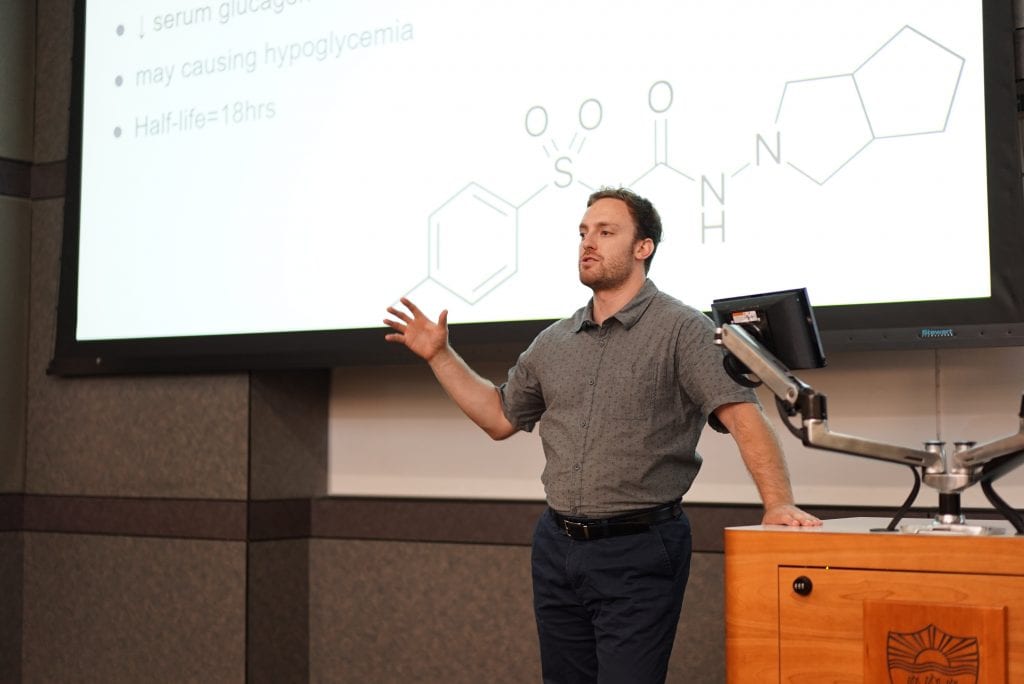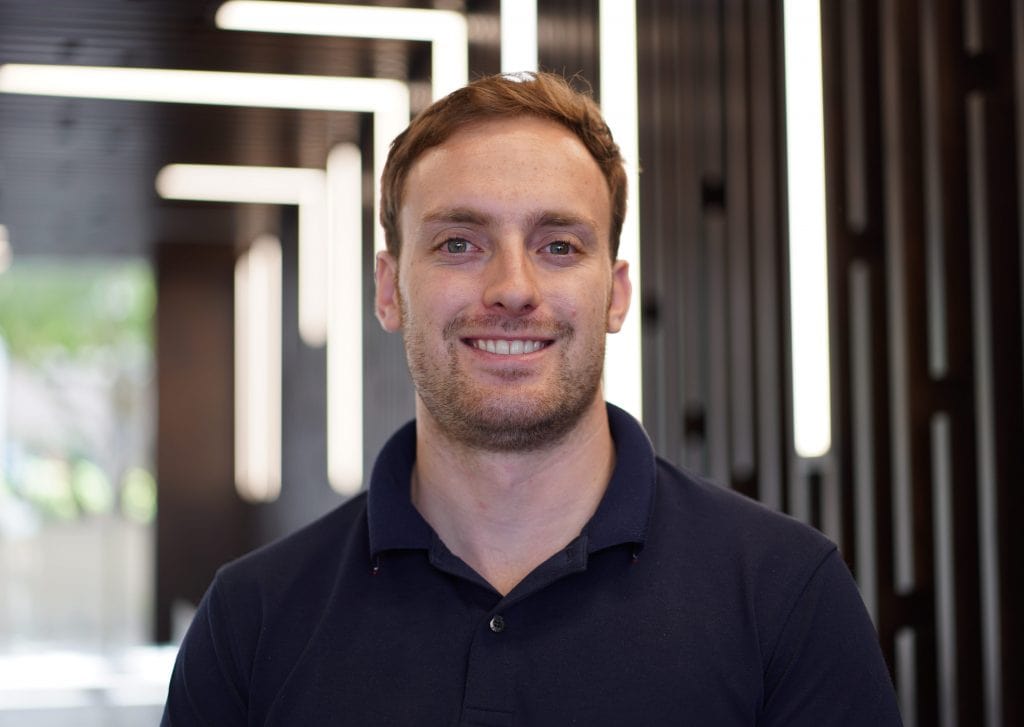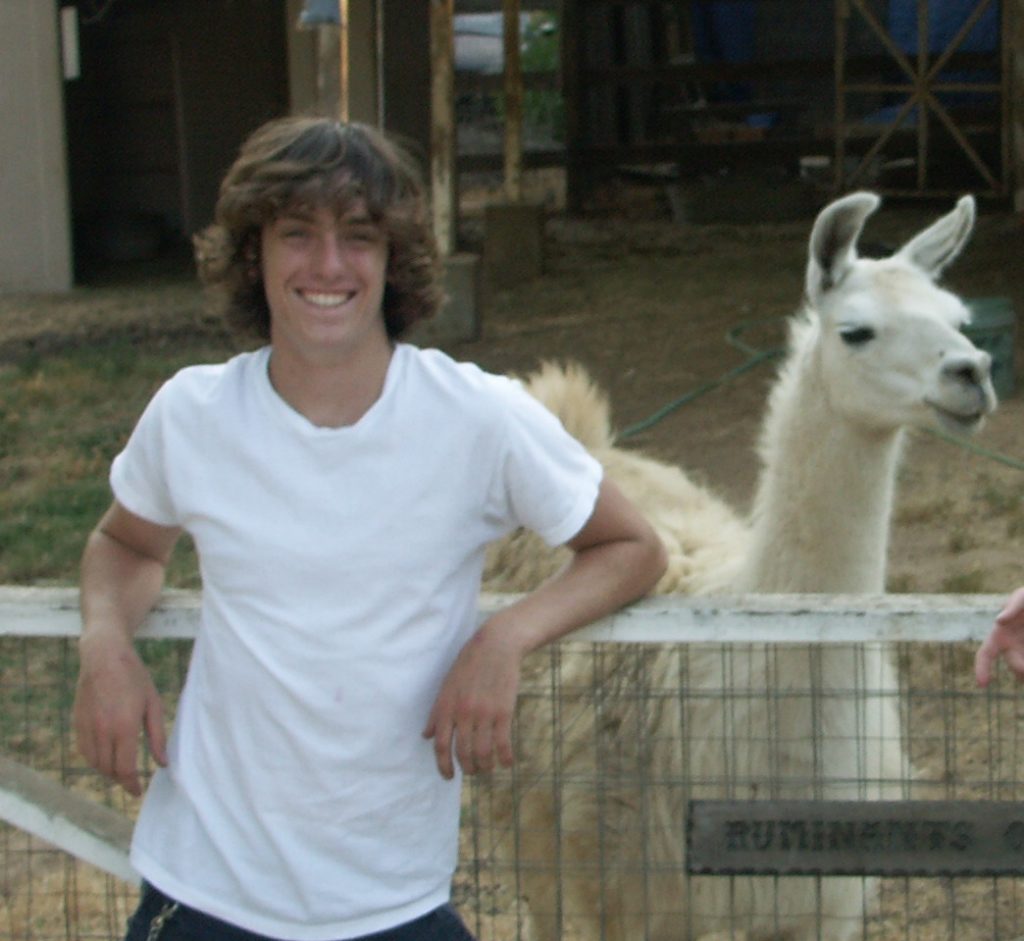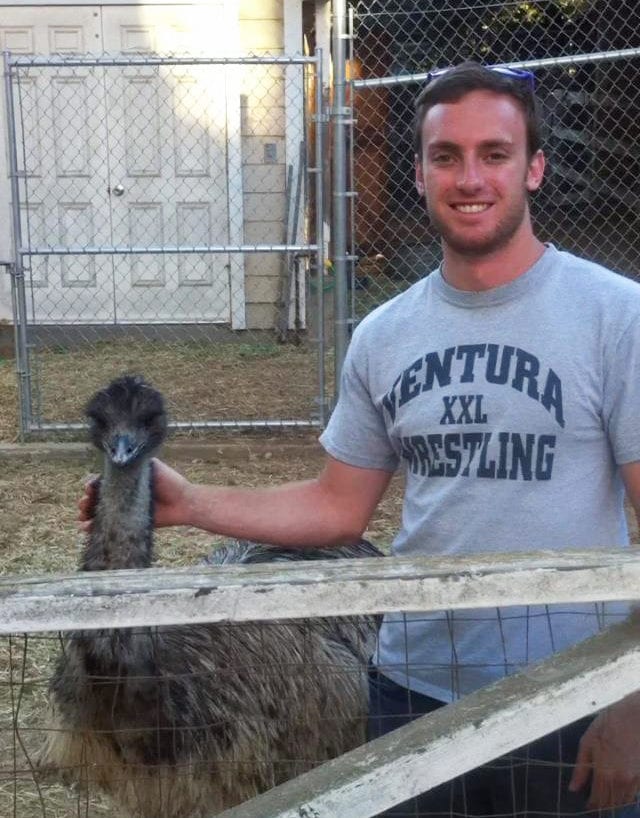What attracted you to the field of pharmacy? Any particular moment(s) that made you stop and think, “This is the path I want to take?”
Growing up in Ojai, California, where nature and wildlife are focal points, my interest in science started from a young age. In fact, prior to pharmacy school, I worked as a veterinary technician for almost 10 years, where I had ample experience using many of the medications we’re now studying. Initially, I had planned to pursue a career as a physician, but found myself consistently more interested in pharmacology than anything else — a trend that continued through my undergraduate career at UC Davis, where I developed an interest in medicinal chemistry. As I continued to work in the veterinary field after completing undergrad, I applied what I could from my education and became the resident medication expert, the go-to person when my coworkers had questions about how drugs worked. Yet there were still significant gaps in my knowledge, and as I looked information up in our medication handbook resources, I constantly came across the phrase: “…for more information, please consult a pharmacist.” Thinking about how I wanted to be that medication expert, I made the decision to go to pharmacy school.
Why did you choose USC School of Pharmacy?
I had the opportunity to meet several faculty and alumni prior to interviewing or making a decision, and the recurrent theme among all of these conversations was the number of opportunities available here at the school to students with the initiative to take advantage of them. As someone who tends to carve my own path, I was attracted to this opportunity, which would allow me to pursue my own interests within the field of pharmacy.
Can you talk about the research you’re currently working on?
My research in pharmacogenomics stemmed from my interest in medicinal chemistry, where we study how changes to the structures of medications affect their interactions with the proteins they target. After taking the pharmacogenetics class in my P1 year, I started to ask how mutations in these proteins would, in turn, affect how medications behaved. Most current research in pharmacogenomics looks at how changes in protein levels affect the response to groups of medications; we’re looking at how changes to protein structure affect different medications within the same class in different ways. This approach is part of a rise in personalized medicine.
What are some of the most memorable experiences you’ve had at the School of Pharmacy so far?

For two years now, I’ve had the opportunity to teach summer foreign exchange students who were a part of the International Pharmacy Summer Program in sessions ranging from computational drug design to insulin. This has always been a great experience, not only because I enjoy the teaching, but also because I’ve gotten to meet and work with so many people from abroad. It’s always interesting to learn about how pharmacy education and practice are conducted around the world.
Another one of my favorite parts of pharmacy school doesn’t actually take place at USC, but in all the cities I’ve been able to visit when attending conferences. From bonding with faculty, visiting the Lucas Oil Stadium (where the Indianapolis Colts play), and dropping in on a firemen’s convention while in Indianapolis to eating fried catfish in an indoor swamp in Memphis, I’ve had many memorable moments outside what I’ve learned at the conferences themselves.
What are your career aspirations? In general, how do you feel about the outlook for the pharmacy profession?
I want to work with pharmacogenomic testing implementation at the health system level, helping hospitals or clinic networks that are interested in offering a pharmacogenomics service to start one, with a focus of clinical decision support and education. I’m also looking to teach pharmacogenetics and medicinal chemistry in a PharmD program.
I have an optimistic outlook on the future of pharmacy. Rather than seeing jobs disappear, I see the consolidation and technological advances that are occurring as a way to free pharmacists’ time up to do other, more high-level activities, including taking larger clinical roles. Pharmacogenomics, for example, is just one of many niche areas of study that has not yet been fully explored.
What’s a fun fact about you that not many people know about?
I’m a certified llama trainer and I also have two pet emus. Growing up in Ojai, California and being surrounded by nature and animals sparked my love for science.




